The Best Apps for Doctors to Protect Information from Data Leaks
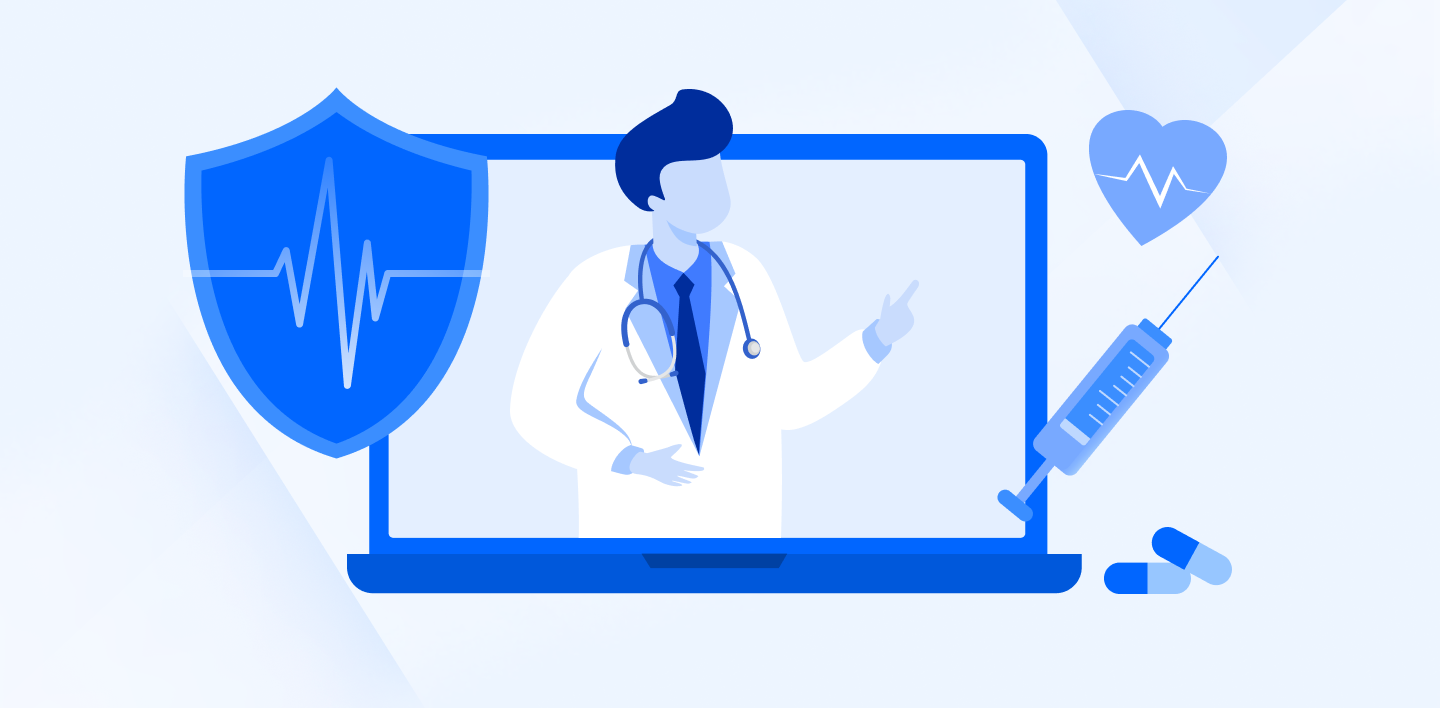
Did you know that in 2023, over 133 million healthcare records were breached?
Healthcare has remained the most popular target for hackers and cybercriminals to attack. Why? These industries contain a huge amount of sensitive information including:
- Patient Names & Addresses: This personal information can be used for identity theft or targeted scams.
- Social Security Numbers: A social security number is a goldmine for criminals, allowing them to access financial accounts, credit cards, and other sensitive information.
- Medical Histories: Detailed medical records can be used for blackmail, insurance fraud, or targeted discrimination.
- Financial Information: Insurance details and billing data can be exploited for fraudulent charges or to access other financial accounts.
With such a vast amount of data at stake, tools for doctors should focus on privacy and security and help keep healthcare information safe from data breaches. In this article, we will look at some popular smartphone apps for doctors that can help protect patient data and avoid the growing threat of cyberattacks.
- Cloud storage: Internxt
- Communication: TigerConnect
- Phone calls: Doximity Dialer
- Encrypted email: StartMail
- Password management: 1Password
Why secure apps for healthcare are necessary
Healthcare data breaches aren't just a security concern; they can also lead to severe legal and financial consequences for doctors.
Regulations like HIPPA in the US and GDPR in the European Union exist to protect patient privacy and data security. These regulations dictate how patient information can be collected, stored, accessed, and transmitted.
A data breach can be a violation of these regulations, potentially resulting in:
- Fines: HIPAA and GDPR violations can incur significant penalties, depending on the severity and nature of the breach.
- Reputational Damage: A data breach can severely damage a doctor's reputation and erode patient trust.
- Loss of Business: Patients may choose to seek care elsewhere if they lose confidence in a doctor's ability to protect their data.
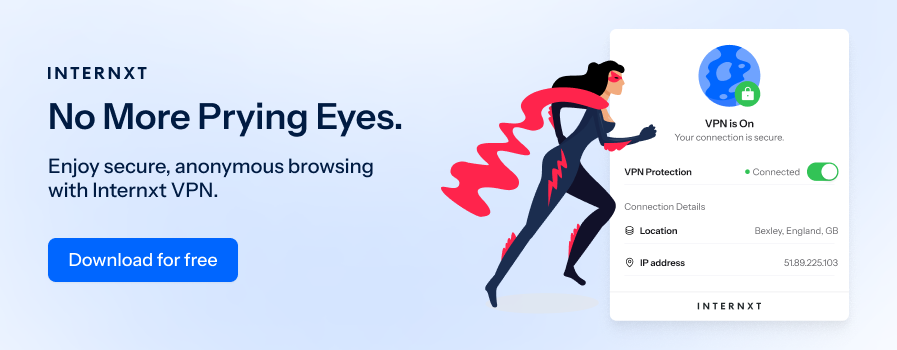
Following healthcare regulations and security protocols
Fortunately, the apps we'll explore in this article can be your shield against these consequences. They offer features specifically designed to ensure compliance with regulations like HIPAA and GDPR. Here's how these apps for doctors can help:
- Encryption: Encryption scrambles data, making it unreadable by unauthorized individuals in case of a breach. This satisfies both HIPAA and GDPR requirements for safeguarding sensitive patient information.
- Access Controls: These features limit who can access patient information and their access level (e.g., view-only, edit). This allows doctors to maintain granular control over data access, upholding regulations regarding authorized access.
- Audit trails: These logs track who accessed patient information and when it was accessed. Detailed logs allow for accountability and easier identification of potential breaches. Audit trails are crucial for demonstrating compliance with regulations that mandate data access tracking.
85% of cyberattacks in critical infrastructure sectors could have been prevented with basic security protocols, such as prompt patching, multi-factor authentication, and implementing the principle of least privilege
Ransomware and other threats to patient data
Ransomware attacks are a growing concern not only for the general public but also for the healthcare industry.
Ransomware attacks involve cybercriminals encrypting a healthcare organization's data, holding it hostage until a ransom is paid. While the primary goal is often financial gain, these attacks can also lead to data breaches in a few ways:
In some cases, attackers might steal patient data before encrypting it. This stolen data can then be sold on the dark web or used for other malicious purposes, even if the ransom is paid.
Another serious issue with attacks on healthcare industries is that encrypted data renders critical systems unusable, potentially delaying or preventing patient care and leading to severe legal, professional, and financial problems for employees and departments.
While there's no foolproof solution against ransomware, the smartphone apps for healthcare we'll discuss can help mitigate its impact on the healthcare industry and daily life.
Best apps for Doctors and medical workers
Below are the best apps for doctors to ensure secure and private file storage for patient records, secure messaging, and video calling, plus other valuable apps for healthcare professionals to implement into their routine to protect against data breaches.
Cloud storage: Internxt
Internxt is a GDPR-compliant cloud storage provider that uses end-to-end encryption to protect data from hackers and data breaches. By following European laws, healthcare providers can get peace of mind that Internxt takes every possible measure to protect patient data.
Internxt is one of the best cloud storage tools for doctors because of the security measures Internxt implements across its product suite, which have gained it HIPAA compliance and other certifications verifying Internxt's secure product suite.
Internxt also offers protection against ransomware with its backup features. If your account is targeted in a ransomware attack, backups ensure you can still recover your files from the cloud. This way, you still have access to your data, and you can avoid paying millions in ransoms.
Our cloud storage backup solutions page offers more detail on how Internxt Drive can help you backup and protect your files from data loss and ransomware.
Our cloud storage backup solutions page offers more detail on how Internxt Drive can help you backup and protect your files from data loss and ransomware.
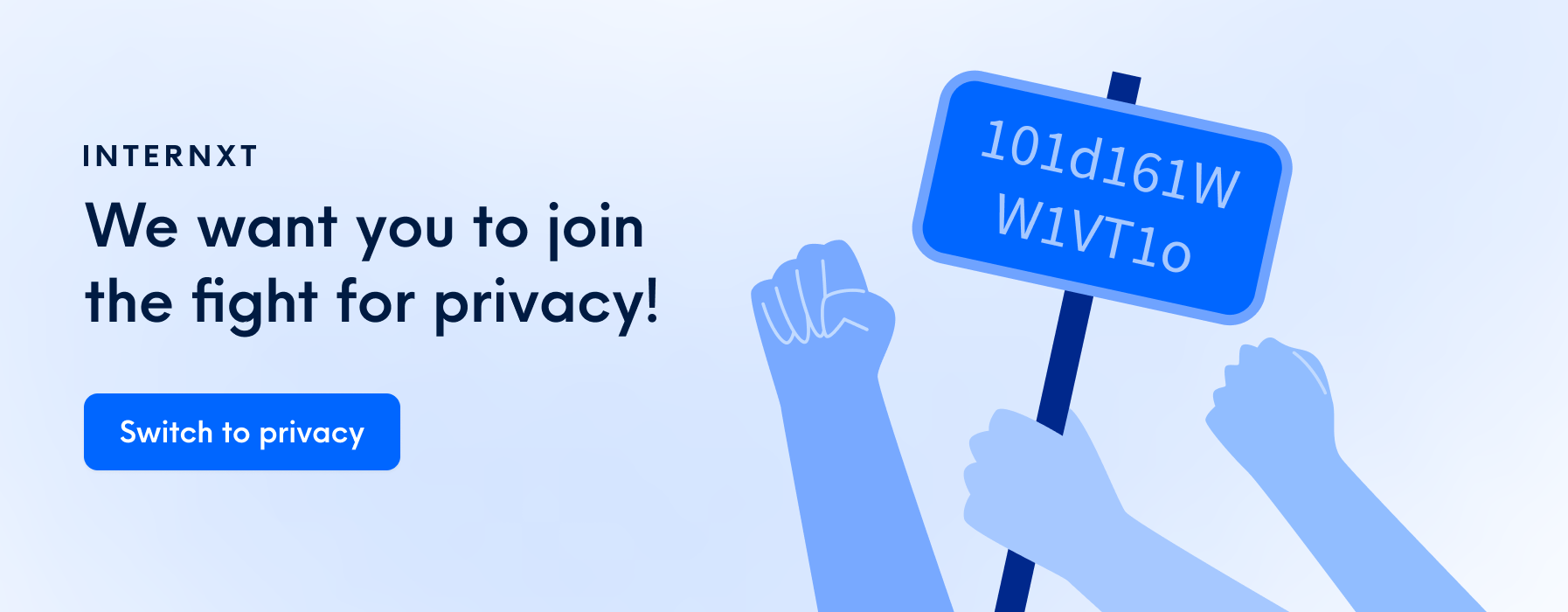
Internxt Drive is Internxt’s cloud storage platform that encrypts data from your device. As a zero-knowledge company, Internxt offers a more secure alternative to platforms such as Google.
This security feature ensures that patient-doctor confidentiality is kept private, as Doctors or only those with permission can view the sensitive information.
Additionally, files you store with Internxt Drive are split into shards and stored across multiple European servers. In doing so, hackers can never access complete files, even if they hacked the encrypted data.
Multiple copies of your data are an effective backup method to protect against natural disasters or other events that could compromise or lose data.
Other features of Internxt that make it one of the best and most secure apps for doctors include:
- Open Source and Audited: Internxt security passed a security audit, proving that your data is kept secure from cyber threats. It is open-source, allowing complete transparency on how Internxt secures files and data.
- Access Controls: Limit who can access and edit important files and password-protect sensitive information.
- Internxt Send: A free, secure file-sharing service to encrypt and send files privately.
- Two-Factor Authentication: Add additional security to accounts to prevent unauthorized access.
- Access Files from Anywhere: Apps for iOS, Android, Windows, Mac, and Linux are available.
Getting started with Internxt is free. You can get 1GB of free storage or choose from monthly, annual, or lifetime plans with storage options ranging from 200GB to a massive 10TB.
By adopting secure cloud storage apps for doctors such as Internxt, doctors or other healthcare workers can store their data confidently, knowing the highest industry standards protect it to guarantee security for sensitive data.
Communication: TigerConnect
TigerConnect is a secure messaging app for doctors to send images, files, reports, voice messages, and more confidentially. You can also access information from other healthcare systems, like your EHR and nurse call.
TigerConnect prioritizes security and adheres to strict HIPAA regulations. Features like read receipts, message expiry options, and secure data encryption ensure patient information remains confidential during communication.
TigerConnect offers a range of features designed to streamline workflows, making it one of the most popular messaging smartphone apps for doctors. Such features include:
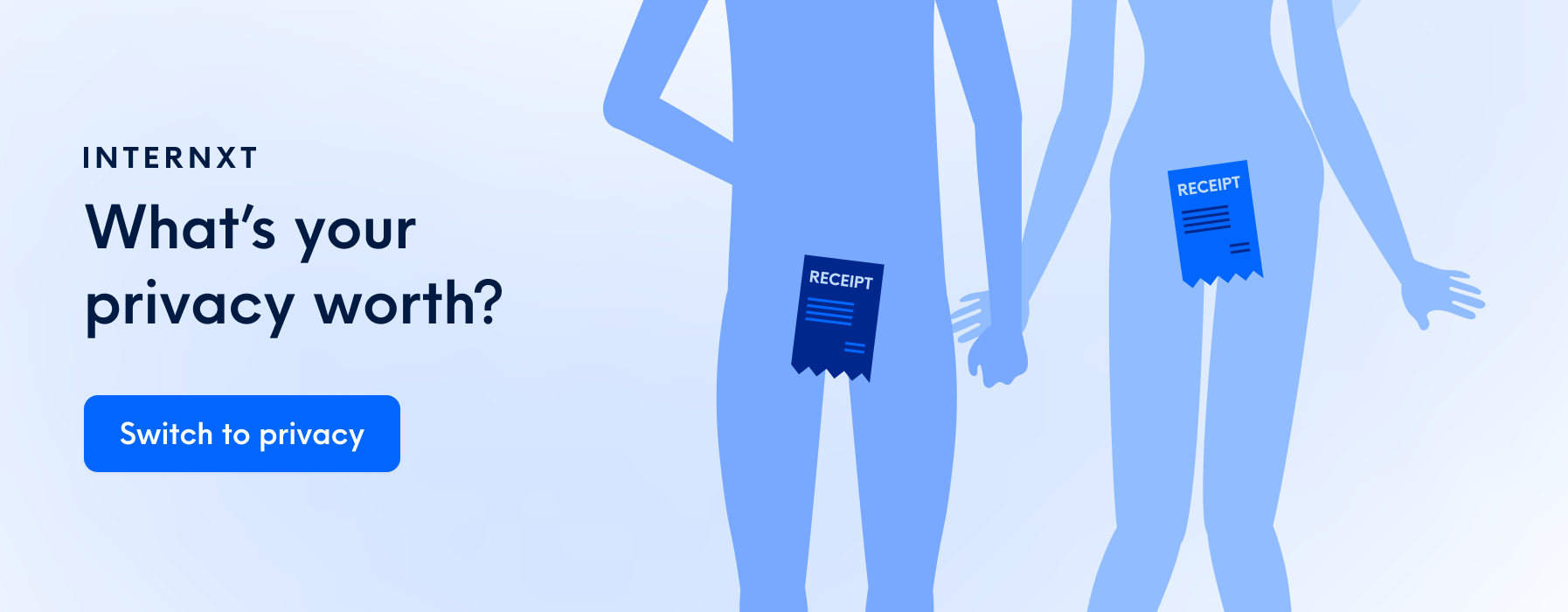
- On-Call Scheduling: Manage on-call schedules efficiently within the platform, ensuring seamless communication and patient care handoffs.
- Integrations: TigerConnect integrates with existing Electronic Health Records (EHR) systems, eliminating the need to switch between platforms and saving valuable time.
- Secure File Sharing: Similar to Internxt Send, TigerConnect allows for secure file sharing within the platform, fostering collaboration without compromising privacy.
TigerConnect has these security features, in addition to at-rest and in-transit encryption, which are important for protecting data when considering secure tools for doctors or healthcare workers.
- Access Controls: Administrators can define granular access controls, limiting who can access specific information within the platform. This minimizes the risk of unauthorized access.
- Audit Trails: TigerConnect maintains detailed audit trails that track user activity. This allows for monitoring and helps identify any potential security breaches.
- Data Residency: Doctors can choose where their data is stored, with options to keep it within specific regions to comply with regulations like HIPAA.
- Self-destructing Messages: Messages will be permanently deleted after a maximum of 30 days. (Unless archived).
- Remote User Lockout: protect your device if it's lost or stolen, and revoke access of previous employees.
You can request a demo from the TigerConnect website to see if this is one of the apps for doctors that would be a useful integration to communicate securely for your healthcare team.
Phone calls: Doximity Dialer
Doximity Dialer is one of the smartphone apps doctors can use to make secure, HIPAA-compliant phone calls with patients without revealing personal phone numbers, ensuring patient privacy during telemedicine consultations.
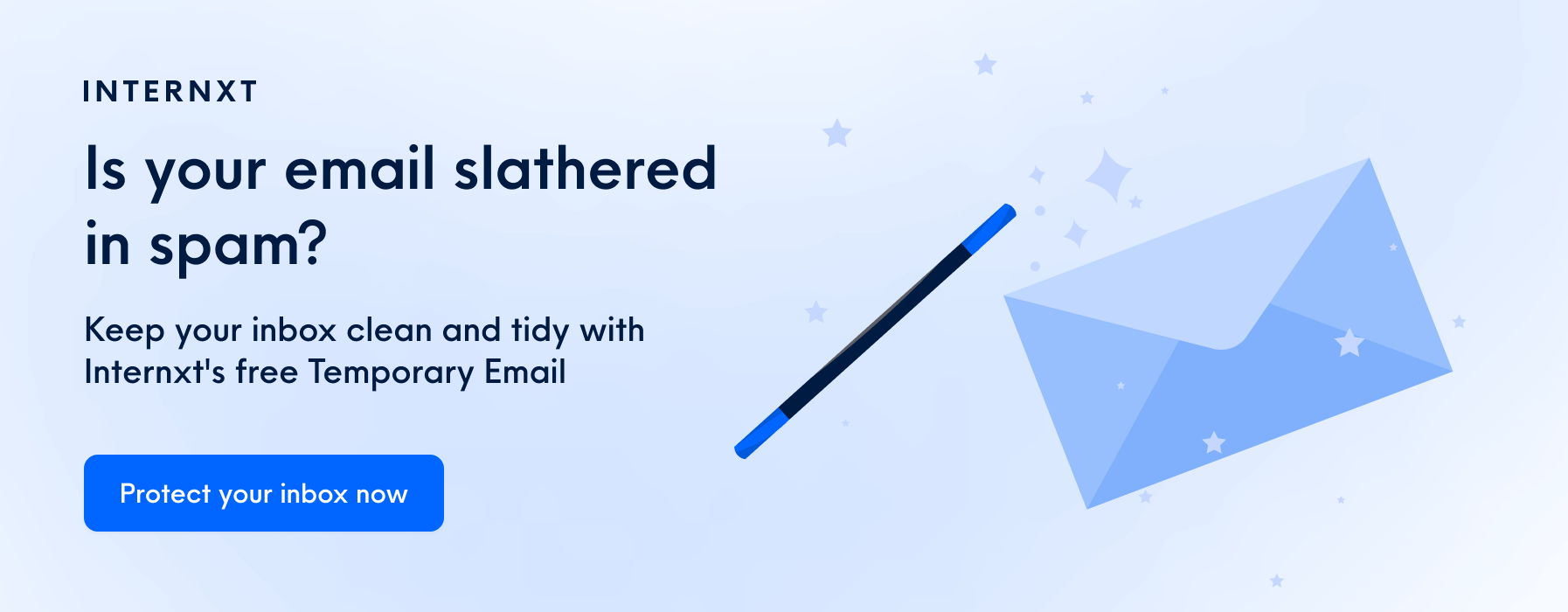
Features like secure video connections and encrypted data transmission provide peace of mind for doctors and patients. Doximity Dialer is designed for security and ease of use. Here’s how it has become one of the most popular apps for doctors.
- One-Click Invites: Initiate video calls with patients by entering their phone number in Doximity Dialer. The patient receives a text with a secure link to join the call, eliminating app downloads and login hassles.
- No Special Software Needed: Both doctors and patients can access video consultations using any web browser or mobile device, maximizing accessibility and convenience.
- Screen Sharing and Annotations: Share your screen or add annotations during consultations to enhance communication and patient education.
- Security: All data transmitted during a consultation, including audio, video, and any shared files, is encrypted both in transit and at rest.
- Access Controls: Doximity Dialer utilizes access controls to restrict who can initiate and participate in video calls. Only authorized healthcare professionals with the appropriate permissions can access patient information.
By adhering to HIPAA regulations, implementing robust encryption measures, and offering additional security features like 2FA, Doximity Dialer allows doctors to conduct secure consultations while building trust with their patients. This focus on security empowers doctors to leverage telemedicine's benefits confidently.
Other apps for doctors to reduce the risk of healthcare breaches
Aside from tools for doctors built with healthcare professionals in mind, there are also more apps for healthcare providers built for everyone who cares about a life of privacy online.
Encrypted email: StartMail
Phishing emails and ransomware are popular methods scammers use to steal personal information. Raising employee awareness about how to spot phishing emails is the first step to protect against these attacks.
Furthermore, a secure, encrypted email is one of the most powerful tools for doctors to ensure their communication via email is not breached.
StartMail prioritizes user privacy and offers end-to-end encryption for emails. Plus, features such as unlimited aliases and password-protecting emails make StartMail one of the great smartphone apps for doctors who value strong privacy practices.
Password management: 1Password
Passwords are our accounts' last defense, so healthcare workers need to add password management apps to their best tools for doctors' lists to ensure accounts don't become compromised.
1Password creates a secure vault for all your login credentials, eliminating the need for weak or reused passwords, a common security vulnerability in the healthcare industry. Security features of 1Password include:
- Master Password: One strong password for everything.
- Two-Factor Authentication (2FA): Extra login verification for ultimate protection.
- Security Audits: Regularly tested by experts for peace of mind.
1Password even offers team plans, allowing you to securely share passwords with colleagues, promoting better overall password hygiene within your practice.
It is available on all devices, making it another accessible smartphone app for doctors to start protecting and promoting cybersecurity in the healthcare industry.
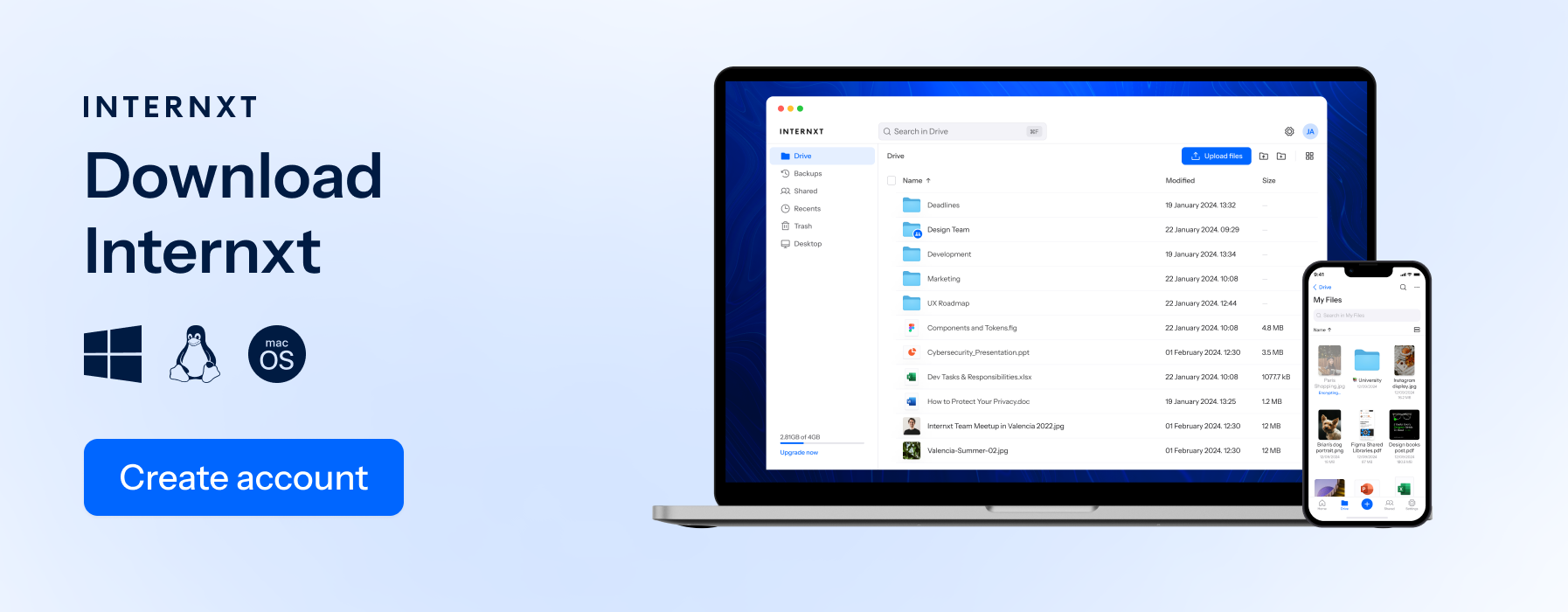
The healthcare industry's battle against data breaches
By adopting these tools for doctors and prioritizing good security practices, healthcare professionals can create a secure digital environment for themselves and their patients.
This fosters trust, safeguards sensitive information, and empowers doctors to focus on what matters most – providing excellent patient care.
As healthcare is a constant target for cybercriminals, professionals and patients must cooperate to stay informed about the latest threats. Implementing new security measures as they become available is crucial for protecting patient data and a practice's reputation.

